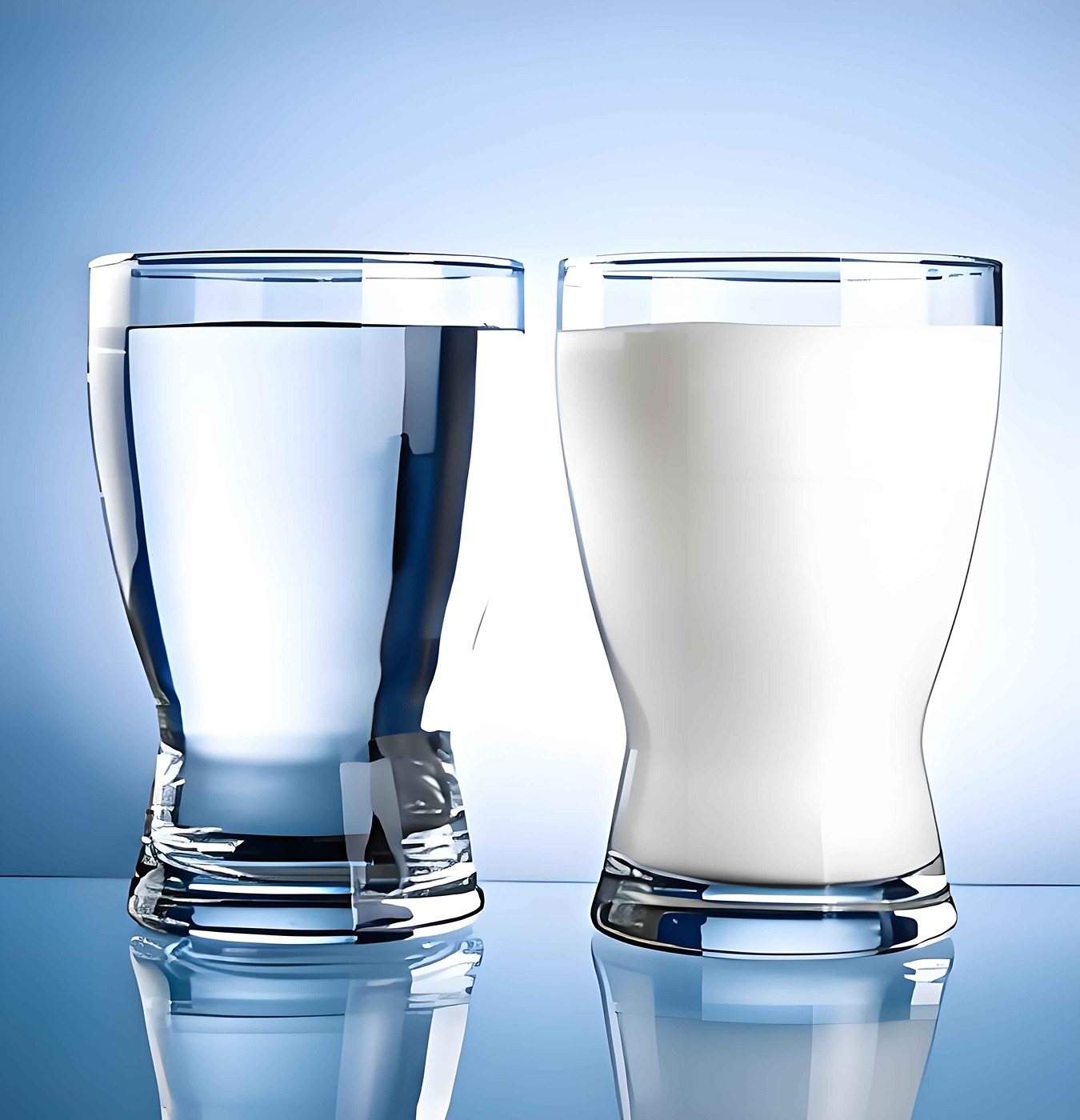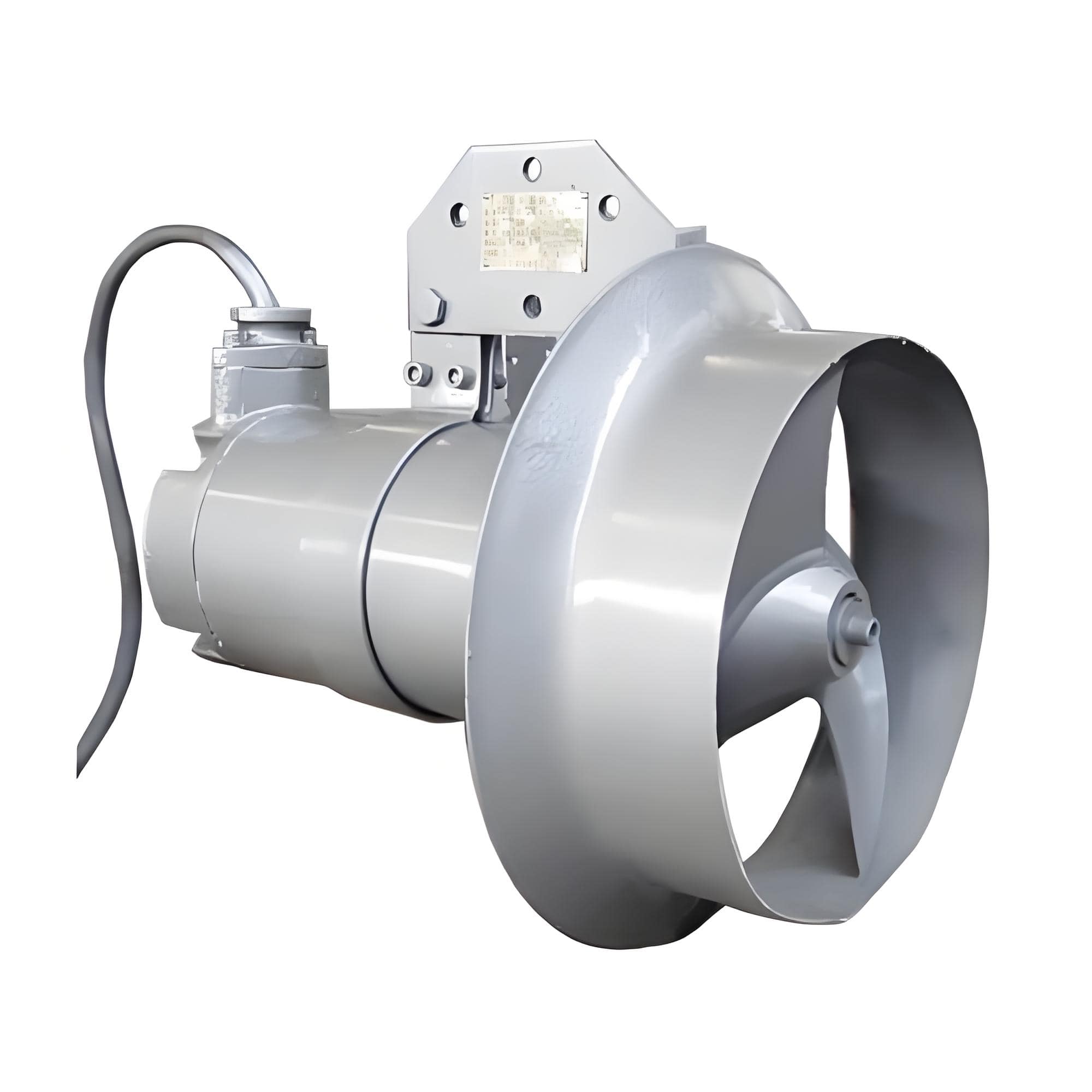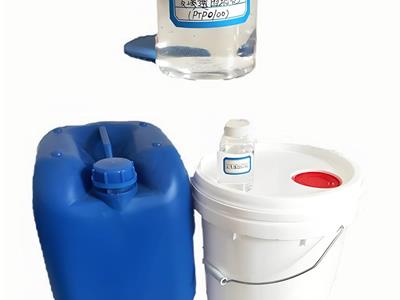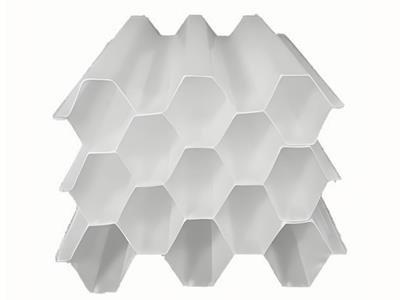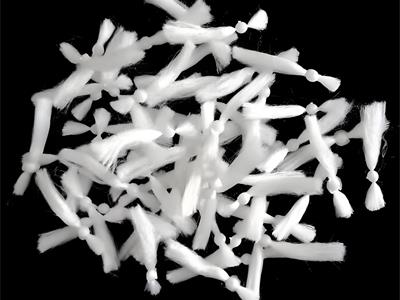- 2025-07-16
Dairy
Water Treatment for the Dairy Industry | Reverse Osmosis Systems
Contaminated dairy and food processing products are a concern for consumer safety. The improved taste and texture of dairy products treated with reverse osmosis (RO) purified water is a testament to the effectiveness of RO systems in the dairy industry. Flushing of dairy products and equipment requires a continuous supply of ultrapure water. FupengWater produces water treatment systems that not only meet the rigorous standards of the dairy industry, but are also cost-effective and durable.
Water treatment technologies we use for dairy farm solutions include:
Nanofiltration Systems
Reverse Osmosis Systems
Water Softeners
Deionized Water Systems
Industrial Ultrafiltration Systems
Reverse Osmosis technology is commonly used in the dairy industry to reduce the intake or supply of milk and whey, recover milk components, and recycle water. It was originally used to filter harmful substances such as acid and smoke, and to adjust the concentration of alcohol. The RO process is also used to produce pure, contaminant-free ethanol.
Reverse Osmosis can be used as a supplement to evaporation. Reverse Osmosis is a very environmentally friendly method to remove water from milk or whey before evaporation. Since reverse osmosis only removes water, it can be a more energy-efficient option than evaporation or adding milk powder, two of the most common methods of increasing the total solids content of milk. Reverse osmosis can be used to reduce the amount of milk or whey used, thereby reducing transportation costs.
How Reverse Osmosis Helps Milk Producers
Milk is one of the most nutrient-dense foods. It is a major source of high-quality protein and calcium, so proper filtration is required. Properly filtering milk maintains its purity and helps milk producers detect health issues in livestock, such as infections. A variety of semi-permeable membranes are used in the milk filtration process to remove a variety of particles. Reverse osmosis, nanofiltration, ultrafiltration, and microfiltration are examples of such membranes.
Benefits of Purifying Dairy
Filtration is essential in the dairy industry, ensuring the highest quality milk is produced across the country. Milk purification not only provides a quality product, but it also helps dairy farmers identify health risks to their cattle, allowing them to act quickly to safeguard the health of their livestock and increase overall profitability. Another advantage of filtration is that it protects milking equipment from harmful particles, which can save costs.

